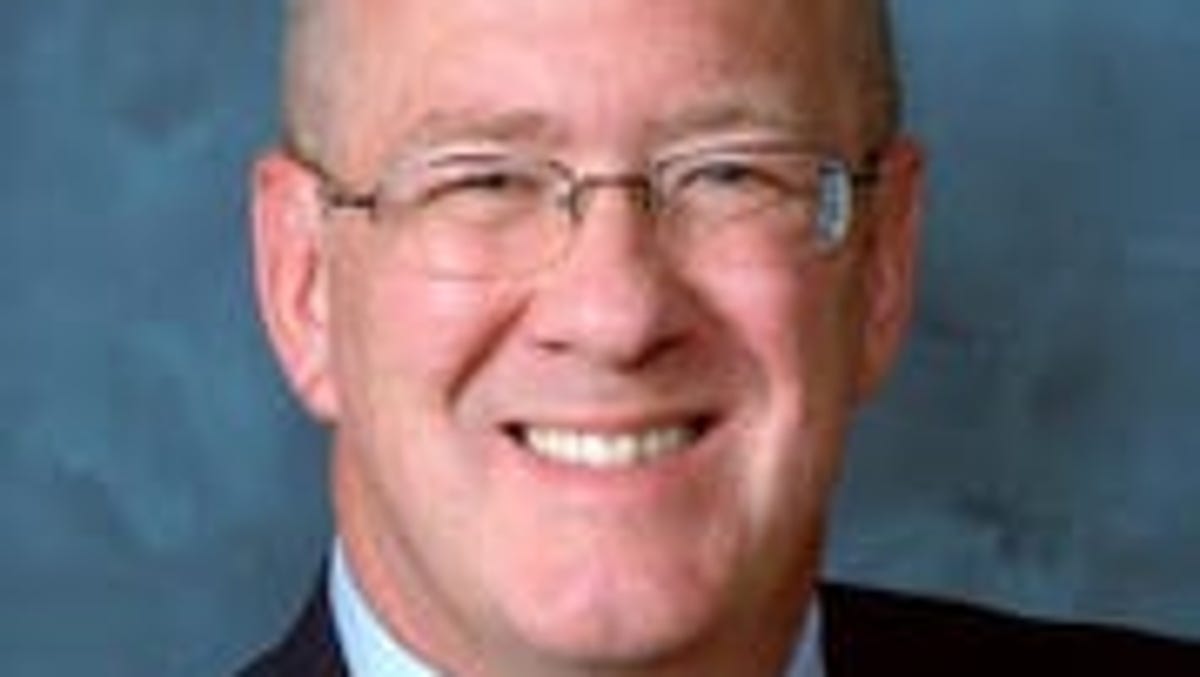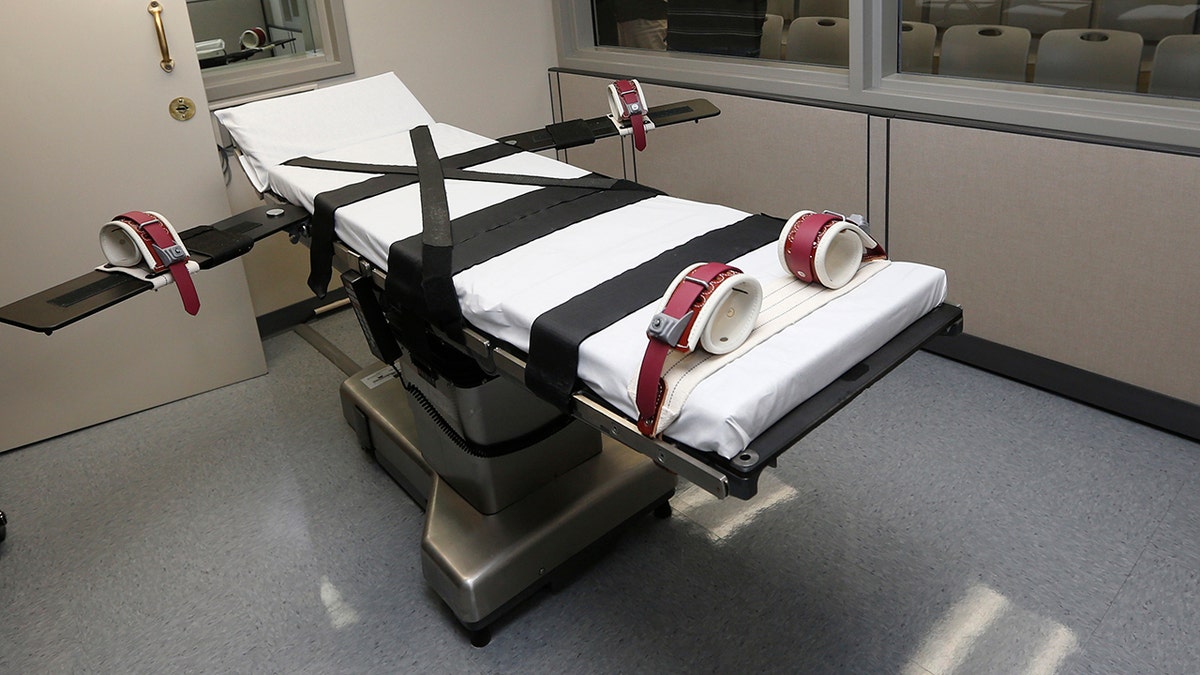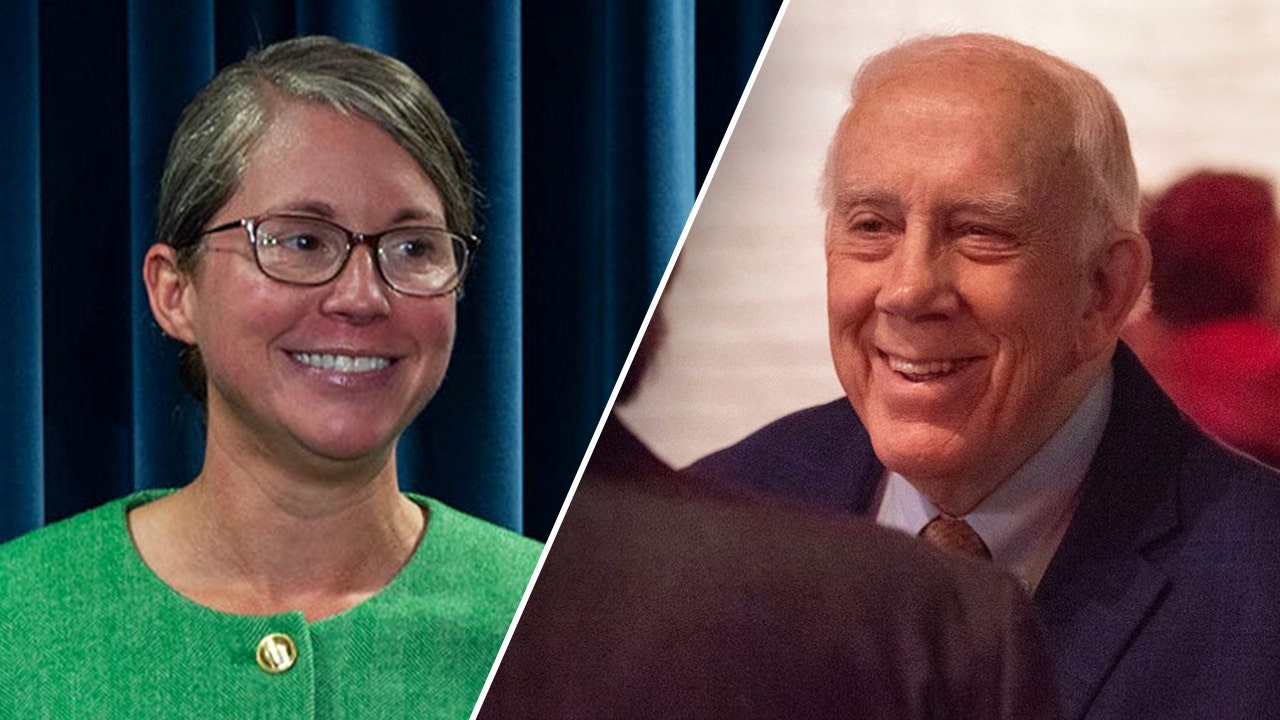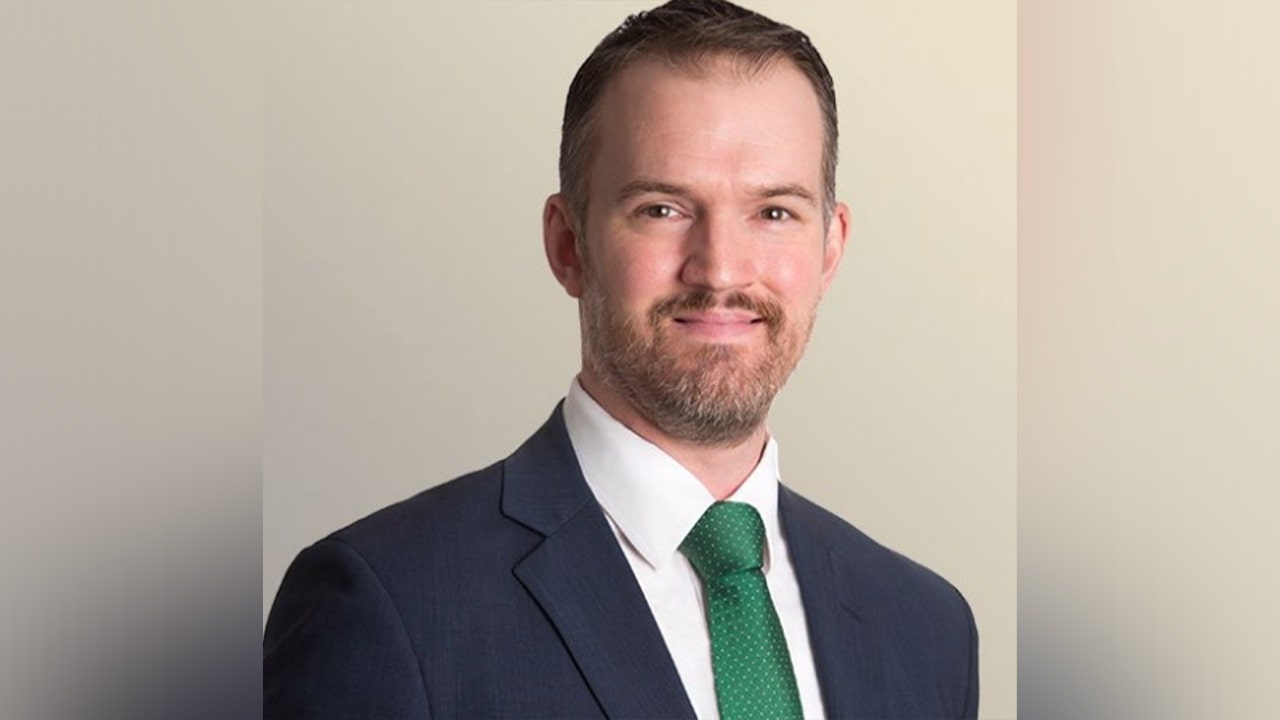Mississippi
Hicks: Indiana falling behind Mississippi

MUNCIE, Ind. – Readers of this column know that I am deeply concerned about the rapid decline in college attendance in Indiana. This is the deepest economic problem Indiana now faces, and it risks defining the state’s economy for much of the 21st century. After all, the children whom we invest in today will have a 50-year work life. So, today’s high school students will still be working in large numbers in 2070.
Over the past few years, in this column, and in technical studies, I’ve offered considerable evidence about the risks for Indiana. I’ve reported the fact that the U.S. has not created a net new job for anyone who has not been to college for 30 years. I’ve noted that during this time the college wage premium actually grew, confirming that there remain fewer college grads than labor markets can absorb. I’ve explained that nearly all the economic growth in the U.S. is clustered in a few hundred counties with very high shares of college grads.
These facts are just the highlight of a large assembly of evidence that we should be better educating young Hoosiers. I write this in a puzzling environment where a surprising number of policymakers from local school boards to the legislature dismiss the importance of higher education. They are dangerously mistaken.
It is worth noting that I am not especially concerned about the survival of individual institutions of higher education. I’m not writing this to boost Ball State’s enrollment. No one at the university has ever asked me to write a column on this issue, or indeed any issue. Colleges should be competing for students on price, quality and offerings. Public universities should also worry about serving other interests in research and expanded opportunity for citizens. Private schools have no such obligation.
I’m also not especially worried about individual students who choose not to attend college. For most of us, happiness and satisfaction in life are not tied to completing higher education. No matter how much education we pursue, most of us keep on learning and growing long after we leave school. I’ve never seen a tombstone with a college degree on it. They do memorialize faith, marriages, children and military service.
Most kids who decide not to further their education will be fine. This is an extraordinarily rich nation, and even adults whose incomes remain stagnant over the next 50 years will be among the most prosperous people to have ever lived. Still, lack of post-secondary education will drag down earnings, increase the probability of cyclical joblessness and heighten risk of job losses from automation. There are many other negative outcomes from skipping college, which I’ll save for another column.
The real concern I have is that places with a low share of adults who’ve gone to college will stagnate. They’ll experience more economic inequality and continue to fall behind those places who educate more of their population.
One way to really get the gist of the importance of education is to consider the past 50 years of technology in the workplace. In 1973, robots were scant, desktop computers still a distant vision, and calculators were slide rules. There were no cell phones, digital devices, no algorithms for advertising. No industry or occupation is untouched by the giant steps in technology that we’ve experienced over the past half century.
The 50 years before that were equally fantastic, as were the 50 before that, and the 50 before that. We are in the midst of a 2-3 century explosion of technological advances. There is no evidence of a slowdown.
On the contrary, all the world is rushing to educate their young people. In the second half of this century China, India, South Africa, Brazil, Nigeria and Iran will have made enormous educational gains. We will see more genius unleashed on the globe in the coming decades than in any time in history. We should expect the next half century to offer as much job morphing technological wonder as any in the past.
Now, ask yourself about the skills a high school graduate had before 1973, and how adequate they are to the modern workplace. One need not do a skill inventory to appreciate that—just ask some of us who were in school in 1973 how well we program our VCR. That many of us still have a VCR should tell you all you need to know.
The efforts to streamline schooling to get students into work earlier appears wholly uninformed by the reality of the 21st century, the 20th century or the 19th century. Moreover, the push toward vocational education and away from college is deeply cynical.
I hear a lot of elected leaders suggesting college is not important, and that there are plenty of available jobs without additional schooling. But, none of those folks are living out that reality in their own lives. When it comes to pushing students into vocational track, the loudest voices across the state have elite academic credentials themselves.
I haven’t heard a single one of them ask their children to give up college to drive a truck, work in a canning factory or run a CNC machine. Again, there is nothing wrong with these occupations, but it is almost as if the folks promoting a vocational pathway have something other than the best interest of other people’s children in mind.
The next time you hear someone running for office talking about how many jobs there are in the warehouses, trades or manufacturing, ask what their children did after high school. Of course, you know the answer, but ask them anyway. At best, this is sloppy thinking. It is already causing long term damage to the Hoosier economy.
Back in 2010, Indiana spent a modest 0.67 percent of state GDP on higher education. At the time, our share of students going to college was rising towards the peak of 65.8 percent. Both money and attendance has dropped substantially in the ensuing years. By Fiscal Year 2021, the state government spent 0.52 percent of GDP on higher education. That is a cut of almost $600 million per year. Over the same time period, Mississippi raised their spending from 2.3 percent to 3.0 percent of GDP, and increase of $786 million per year.
Folks, that is why Indiana now sends 52.9 percent of high school graduates to college, while Mississippi sends 81 percent. Today, Mississippi is a poorer, less well-educated state than Indiana. But, by my calculations that will change in a little over a decade. On the bright side, at that point, our Mississippi strategy will finally be aspirational.
Michael J. Hicks, PhD, is the director of the Center for Business and Economic Research and the George and Frances Ball distinguished professor of economics in the Miller College of Business at Ball State University.

Mississippi
‘A Magical Mississippi Christmas’ lights up the Mississippi Aquarium

GULFPORT, Miss. (WLOX) – The Mississippi Aquarium in Gulfport is spreading holiday cheer with a new event, ‘’A Magical Mississippi Christmas.’
The aquarium held a preview Tuesday night.
‘A Magical Mississippi Christmas’ includes a special dolphin presentation, diving elves, and photos with Santa.
The event also includes “A Penguin’s Christmas Wish,” which is a projection map show that follows a penguin through Christmas adventures across Mississippi.
“It’s a really fun event and it’s the first time we really opened up the aquarium at night for the general public, so it’s a chance to come in and see what it’s like in the evening because it’s really spectacular and really beautiful,” said Kurt Allen, Mississippi Aquarium President and CEO.
‘A Magical Mississippi Christmas’ runs from November 29 to December 31.
It will not be open on December 11th, December 24th, and December 25th.
Tickets can be purchased online or at the gate.
The event is made possible by the city of Gulfport and Coca-Cola Bottling Company.
See a spelling or grammar error in this story? Report it to our team HERE.
Copyright 2024 WLOX. All rights reserved.
Mississippi
Mississippi asks for execution date of man convicted in 1993 killing, lawyers plan to appeal case to SCOTUS

Mississippi Attorney General Lynn Fitch, a Republican, is seeking an execution date for a convicted killer who has been on death row for 30 years, but his lawyer argues that the request is premature since the man plans to appeal to the U.S. Supreme Court.
Charles Ray Crawford, 58, was sentenced to death in connection with the 1993 kidnapping and killing of 20-year-old community college student Kristy Ray, according to The Associated Press.
During his 1994 trial, jurors pointed to a past rape conviction as an aggravating circumstance when they issued Crawford’s sentence, but his attorneys said Monday that they are appealing that conviction to the Supreme Court after a lower court ruled against them last week.
Crawford was arrested the day after Ray was kidnapped from her parents’ home and stabbed to death in Tippah County. Crawford told officers he had blacked out and did not remember killing her.
TEXAS LAWMAKER PROPOSES BILL TO ABOLISH DEATH PENALTY IN LONE STAR STATE: ‘I THINK SENTIMENT IS CHANGING’
Mississippi death row inmate Charles Ray Crawford, who was convicted and sentenced to death in 1994 in the 1993 kidnapping and killing of a community college student, 20-year-old Kristy Ray. (Mississippi Department of Corrections via AP)
He was arrested just days before his scheduled trial on a charge of assaulting another woman by hitting her over the head with a hammer.
The trial for the assault charge was delayed several months before he was convicted. In a separate trial, Crawford was found guilty in the rape of a 17-year-old girl who was friends with the victim of the hammer attack. The victims were at the same place during the attacks.
Crawford said he also blacked out during those incidents and did not remember committing the hammer assault or the rape.
During the sentencing portion of Crawford’s capital murder trial in Ray’s death, jurors found the rape conviction to be an “aggravating circumstance” and gave him the death sentence, according to court records.
PRO-TRUMP PRISON WARDEN ASKS BIDEN TO COMMUTE ALL DEATH SENTENCES BEFORE LEAVING

During the sentencing portion of Crawford’s capital murder trial, jurors found his prior rape conviction to be an “aggravating circumstance” and gave him the death sentence. (iStock)
In his latest federal appeal of the rape case, Crawford claimed his previous lawyers provided unconstitutionally ineffective assistance for an insanity defense. He received a mental evaluation at the state hospital, but the trial judge repeatedly refused to allow a psychiatrist or other mental health professional outside the state’s expert to help in Crawford’s defense, court records show.
On Friday, a majority of the 5th U.S. Circuit Court of Appeals rejected Crawford’s appeal.
But the dissenting judges wrote that he received an “inadequately prepared and presented insanity defense” and that “it took years for a qualified physician to conduct a full evaluation of Crawford.” The dissenting judges quoted Dr. Siddhartha Nadkarni, a neurologist who examined Crawford.
“Charles was laboring under such a defect of reason from his seizure disorder that he did not understand the nature and quality of his acts at the time of the crime,” Nadkarni wrote. “He is a severely brain-injured man (corroborated both by history and his neurological examination) who was essentially not present in any useful sense due to epileptic fits at the time of the crime.”

Photo shows the gurney of an execution chamber. (AP Photo/Sue Ogrocki, File)
CLICK HERE TO GET THE FOX NEWS APP
Crawford’s case has already been appealed multiple times using various arguments, which is common in death penalty cases.
Hours after the federal appeals court denied Crawford’s latest appeal, Fitch filed documents urging the state Supreme Court to set a date for Crawford’s execution by lethal injection, claiming that “he has exhausted all state and federal remedies.”
However, the attorneys representing Crawford in the Mississippi Office of Post-Conviction Counsel filed documents on Monday stating that they plan to ask the U.S. Supreme Court to overturn the appeals court’s ruling.
The Associated Press contributed to this report.
Mississippi
Mississippi Highway Patrol urging travel safety ahead of Thanksgiving

The rest of the night will be calm. We’ll cool down into the mid to upper 50s overnight tonight. A big cold front will arrive on Thanksgiving, bringing a few showers. Temperatures will drop dramatically after the front passes. It will be much cooler by Friday! Frost will be possible this weekend. Here’s the latest forecast.
-

 Science1 week ago
Science1 week agoTrump nominates Dr. Oz to head Medicare and Medicaid and help take on 'illness industrial complex'
-

 Politics1 week ago
Politics1 week agoTrump taps FCC member Brendan Carr to lead agency: 'Warrior for Free Speech'
-
/cdn.vox-cdn.com/uploads/chorus_asset/file/25739950/247386_Elon_Musk_Open_AI_CVirginia.jpg)
/cdn.vox-cdn.com/uploads/chorus_asset/file/25739950/247386_Elon_Musk_Open_AI_CVirginia.jpg) Technology1 week ago
Technology1 week agoInside Elon Musk’s messy breakup with OpenAI
-

 Lifestyle1 week ago
Lifestyle1 week agoSome in the U.S. farm industry are alarmed by Trump's embrace of RFK Jr. and tariffs
-

 World1 week ago
World1 week agoProtesters in Slovakia rally against Robert Fico’s populist government
-

 Health4 days ago
Health4 days agoHoliday gatherings can lead to stress eating: Try these 5 tips to control it
-

 News1 week ago
News1 week agoThey disagree about a lot, but these singers figure out how to stay in harmony
-

 Health2 days ago
Health2 days agoCheekyMD Offers Needle-Free GLP-1s | Woman's World















